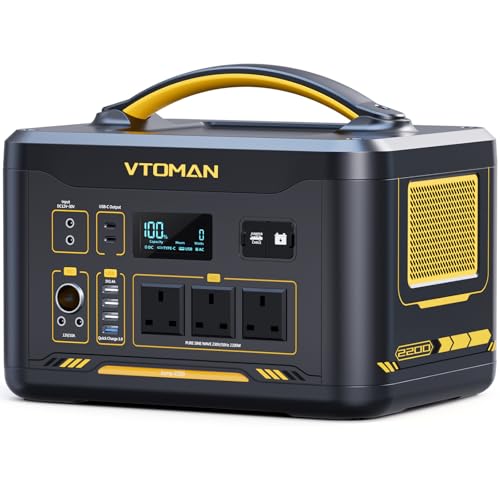Introduction to Gas Cookers: What You Need to Know
Understanding Gas Cookers
Gas cookers are a staple in many kitchens, renowned for their speed and precision in cooking. Unlike electric cookers that use coils or induction heating, gas cookers operate using flames from natural gas or liquid propane. This means that when you turn the dial, you’ll see instant heat, making it easy to control the temperature while cooking. Whether you’re simmering a sauce or searing a steak, the versatility of a gas cooker allows for various cooking techniques.
Types of Gas Cookers
Gas cookers come in different configurations to suit a range of kitchen layouts. You’ll encounter freestanding models, which are standalone units that incorporate both the oven and the burners on a single frame. Built-in gas cookers, on the other hand, are designed to be installed into your kitchen cabinetry for a seamless look. Additionally, there are dual-fuel models that combine a gas hob with an electric oven, giving you the best of both worlds in your cooking.
Key Features to Look For in a Gas Cooker
Burner Types and Configuration
Different gas cookers offer varying types of burners. Standard burners will provide all the essential heating needs, while high BTU burners are perfect for generating higher heat for frying or boiling. Look for featured simmer burners that give you the delicate flames necessary for gentler cooking. The arrangement of burners can also vary, with some cookers offering a central wok burner, which is ideal if you frequently use larger pots or pans.
Oven Capacity and Technology
Oven capacity is another crucial feature as it dictates how much food you can cook at once. If you’re often hosting family meals, a larger oven can be beneficial. Furthermore, consider whether you want a conventional oven or one with convection settings, which uses a fan to circulate heat for more even cooking.
Safety Features
Safety features are paramount, especially if you have children. Look for models that come with flame failure devices, which automatically turn off the gas if the flame goes out. Additionally, tempered glass oven doors help keep the exterior cool to prevent burns.
Benefits of Cooking with Gas: Why It’s a Popular Choice
Immediate Heat and Control
One of the primary advantages of cooking with gas is the immediate heat control it provides. As soon as you ignite the burner, the heat is there, allowing you to start cooking right away. This instant adjustability helps prevent the frustration of waiting for an electric element to heat up.
Cost-Effectiveness
Gas cooking can also be more cost-effective than electric cooking. Generally, natural gas prices tend to be less volatile and more stable compared to electricity. This can lead to savings on your energy bills over time. If you cook frequently, the switch to gas could reflect positively on your monthly expenses.
Flavor and Cooking Techniques
Cooking with gas not only enhances the flavours but also allows for a wider variety of cooking techniques. The ability to quickly adjust the flame opens the door for precise methods like charring, flambéing, or quickly sautéing—essential when you’re following intricate recipes.
Tips for Choosing the Right Gas Cooker for Your Kitchen
Assessing Space and Layout
Before picking a gas cooker, it’s vital to evaluate your kitchen space and layout. Take measurements to ensure that any cooker you consider will fit comfortably. If you have limited space, opt for slimline models which provide essential features without overwhelming the area.
Consider Your Cooking Style
Think about your cooking style and preferences as that will influence your choice. If you prepare large dinners often, a model with multiple burners and a spacious oven would be ideal. Conversely, for smaller households, a compact unit with fewer features might suffice for daily use.
Maintenance and Care for Your Gas Cooker: Ensuring Longevity
Regular Cleaning
To keep your gas cooker functioning well, regular cleaning is essential. Make it a habit to wipe down burners after each use to prevent food residue from building up, which can lead to uneven cooking and affect the flame quality. For deeper cleaning, use non-abrasive cleaners specifically designed for kitchen appliances.
Checking for Gas Leaks
It is crucial to conduct periodic checks to ensure there are no gas leaks, which can be hazardous. A simple test involves applying a mixture of soap and water to gas connections; if you see bubbles forming, it indicates a leak that needs immediate attention. For peace of mind, consider hiring a professional to service your cooker annually.












